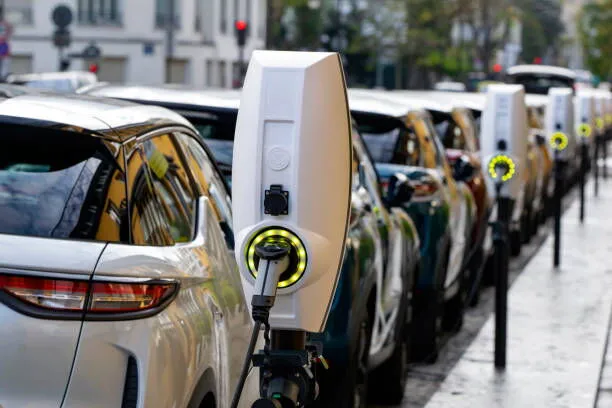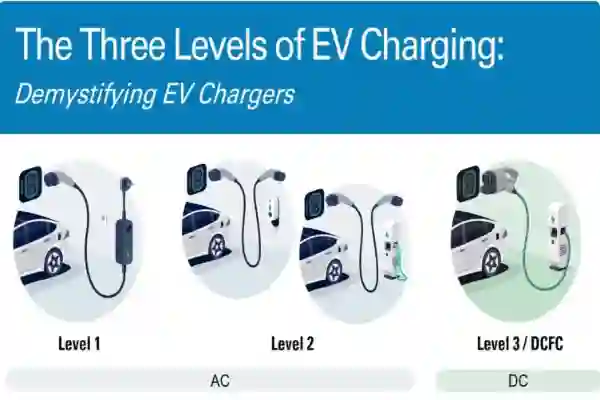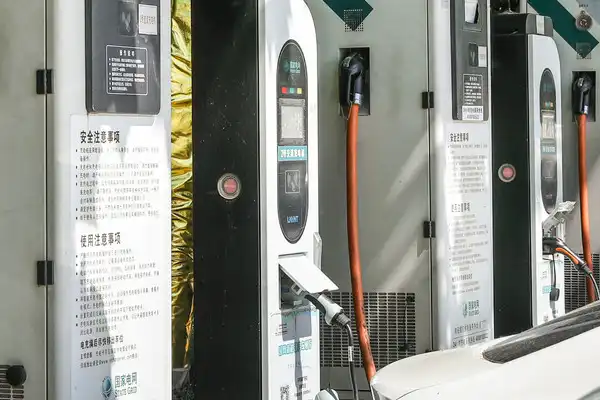How to Establish a Commercial EV Charging Station Business
The global transition towards electric vehicles (EVs) is gathering pace, fueled by government mandates and consumer appetite for greener alternatives to conventional gasoline-powered vehicles. This burgeoning demand presents a lucrative opportunity for entrepreneurs seeking to venture into the commercial EV charging station industry. This article delves into the fundamentals of commercial EV charging stations, the selection of appropriate equipment, the advantages of establishing a dealership, and the meticulous steps required to set up a thriving EV charging business.

Overview of Commercial EV Charging Stations
Commercial EV charging stations are designed to cater to the charging needs of electric vehicles in public or semi-public spaces. Unlike residential chargers, these stations boast higher power outputs, enabling them to charge multiple vehicles concurrently. They are typically installed in locations such as shopping malls, parking decks, office buildings, and alongside highways. These stations are pivotal in accommodating the escalating number of EVs and ensuring convenient access to charging infrastructure.
Selecting the Appropriate EV Charging Station
Types of Chargers
- Level 1 Chargers: The slowest type, suitable for residential use.
- Level 2 Chargers: Faster and ideal for commercial settings.
- DC Fast Chargers: Offer the quickest charging times, best suited for high-traffic areas.
Compatibility
Ensuring that the chargers you select are compatible with a wide array of electric vehicles is crucial. Some chargers may be specific to particular brands or models; thus, opting for those that accommodate the majority of EVs on the market is advisable.
Scalability
Your charging infrastructure should possess scalability to meet growing demand. Solutions that facilitate easy expansion and upgrades should be prioritized.
Network Connectivity
Modern EV chargers often incorporate network connectivity for remote monitoring, management, and payment processing. These features enhance the user experience and streamline operational efficiency.
Maintenance Considerations for an EV Charging Station Business
Hardware Maintenance
Regular maintenance of the physical infrastructure, including chargers, cables, connectors, and stations, is paramount. Inspecting the hardware for wear and tear, such as cable damage or connector issues, is essential to prevent operational downtime. Dust, dirt, and moisture can impact charging efficiency and safety; hence, regular cleaning and weatherproofing are necessary. Periodic checks also help identify hardware components that may require repairs or replacements to prevent malfunctions during customer use.
Power Management
Efficient power management is critical to ensuring consistent service and mitigating costly energy inefficiencies. It is essential to monitor and maintain the power supply systems, encompassing transformers, circuit breakers, and wiring. Regular inspection of electrical connections and ensuring that power distribution systems can handle high loads without overheating is pivotal in preventing failures. In DC fast chargers, managing power flow to optimize battery charging while minimizing energy loss can enhance system reliability and efficiency.
Payment Processing Systems
Payment systems lie at the core of a charging station business, facilitating seamless transactions and ensuring revenue collection. These systems necessitate regular updates and testing to accommodate various payment methods (credit/debit cards, mobile apps, etc.). Monitoring transaction success rates, maintaining software updates, and troubleshooting any payment processing-related issues are critical in minimizing disruptions and ensuring customer satisfaction.
Connectivity
Connectivity is integral to EV charging station operations in today's digital landscape. Ensuring the station's network connection for real-time monitoring, software updates, remote diagnostics, and user interface accessibility is crucial. Regular maintenance of Wi-Fi or cellular connections and safeguarding the system's cybersecurity can prevent outages, data breaches, or system failures.
Benefits of a Commercial EV Charging Station Dealership
Growing Market
With the rapid expansion of the EV market, there is an increasing demand for charging infrastructure. Entering this market early positions you to capitalize on its growth.
Revenue Streams
EV charging stations can generate revenue through charging fees, advertising, and partnerships with local businesses.
Environmental Impact
Expanding EV infrastructure contributes to reducing greenhouse gas emissions and promoting sustainable transportation.
Government Incentives
Many governments offer incentives and subsidies for installing EV charging stations, which can decrease initial setup costs.
Brand Recognition
Providing EV charging solutions can enhance your brand's reputation as a forward-thinking and environmentally conscious enterprise.
Steps to Becoming a Commercial EV Charging Dealership
Market Research
Conduct thorough research on market trends, demand, and competition. Identify potential locations and assess the demographics and behavior of EV owners.
Identify EV Charging Station Manufacturers or Suppliers
Collaborate with reputable manufacturers or suppliers to ensure the quality and reliability of your chargers. Seek companies with strong track records and comprehensive support.
Inquire About Dealership Programs
Explore dealership programs offered by suppliers. These programs typically encompass benefits such as training, marketing support, and discounted pricing. Evaluate how these programs align with your business goals.
Application Process
Submit your application to the selected supplier, inclusive of business plans, financial statements, and other required documentation. Ensure you meet all criteria and provide accurate information to enhance approval chances.
Provide EV Charging Services
Upon approval, establish your EV charging stations in strategic locations for high visibility and accessibility. Implement efficient payment systems and consider offering ancillary services to augment the customer experience.
Build Customer Relationships
Emphasize exceptional customer service, respond to inquiries and feedback, and create loyalty programs. Engage with the local community and participate in events to raise awareness of your services.
Conclusion
Establishing a commercial EV charging station business is a promising endeavor with substantial growth potential and a positive environmental impact. By conducting market research, selecting the appropriate equipment, and adhering to the outlined steps, you can forge a successful dealership and contribute to the expansion of EV infrastructure. As the world transitions towards electric mobility, your business will play a pivotal role in supporting this green shift.

